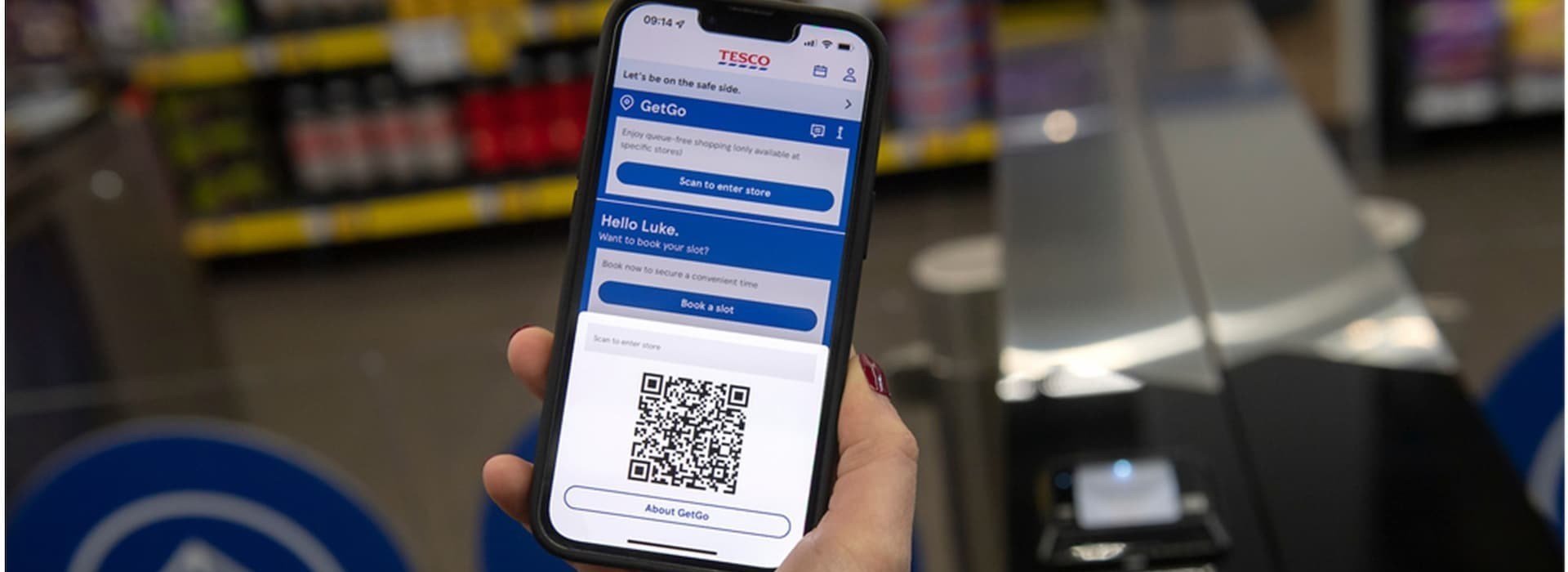PayTech change in the air but cash staying put, Elavon
The whole payment ecosystem will change in the next two to three years, driven by advances in biometrics and artificial intelligence.
That’s the view of Colin Close, UK Managing Director at Elavon. In an open letter, he observes that Brits are very card centric with plastic accounting for 52% of all e-commerce transactions in 2017. Contactless is driving up the use of card payments and down the use of cash. However, notes and coins should not be underestimated as they still have a place in society.
“People understand cash and can easily manage it, as it has boundaries,” he argues. “When you look at the history of how humans have paid for things over time, nothing has ever died out – from bartering to all new forms of digital currency. The use of cash is reducing but we see it as moving from a currency of convenience to insurance.”
The Government’s role, meanwhile, should be to educate the customer about digital payment methods and give confidence to shoppers that existing methods are secure. GDPR will help assure consumers that it is safe to pay this way because data can’t be shared, Close believes.
Close’s open letter follows on from the Bank of England’s response to the treasury’s call for evidence on cash and digital payments in the new economy. The usage of cash is evolving, but there is, and is likely to remain for the foreseeable future, a significant public demand for banknotes, the Bank of England observes. Notes and coins accounted for 40% of all payments in 2016, compared to 62% in 2006.
Despite this decrease and the rise of contactless, mobile payments et al, people who choose to use cash do so for a range of reasons, including it being a useful budgeting tool and quick and easy to use. It also works when other methods do not (for example, the Visa systems crash on Friday).
Further details here.
Sign up for our free retail technology newsletter here.










